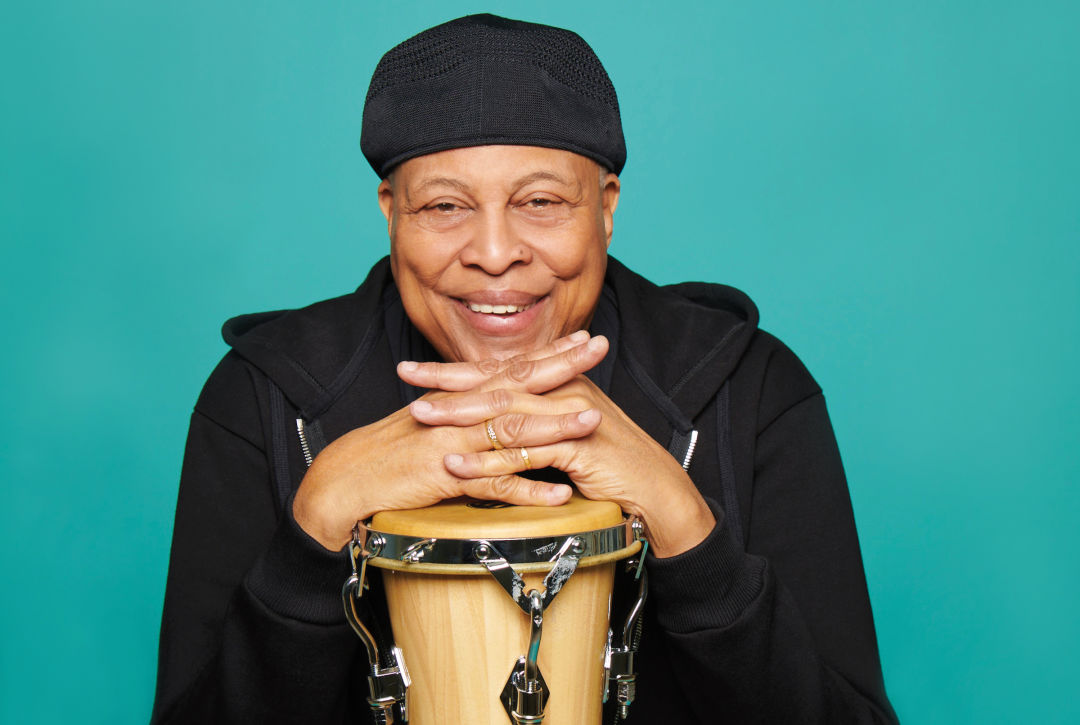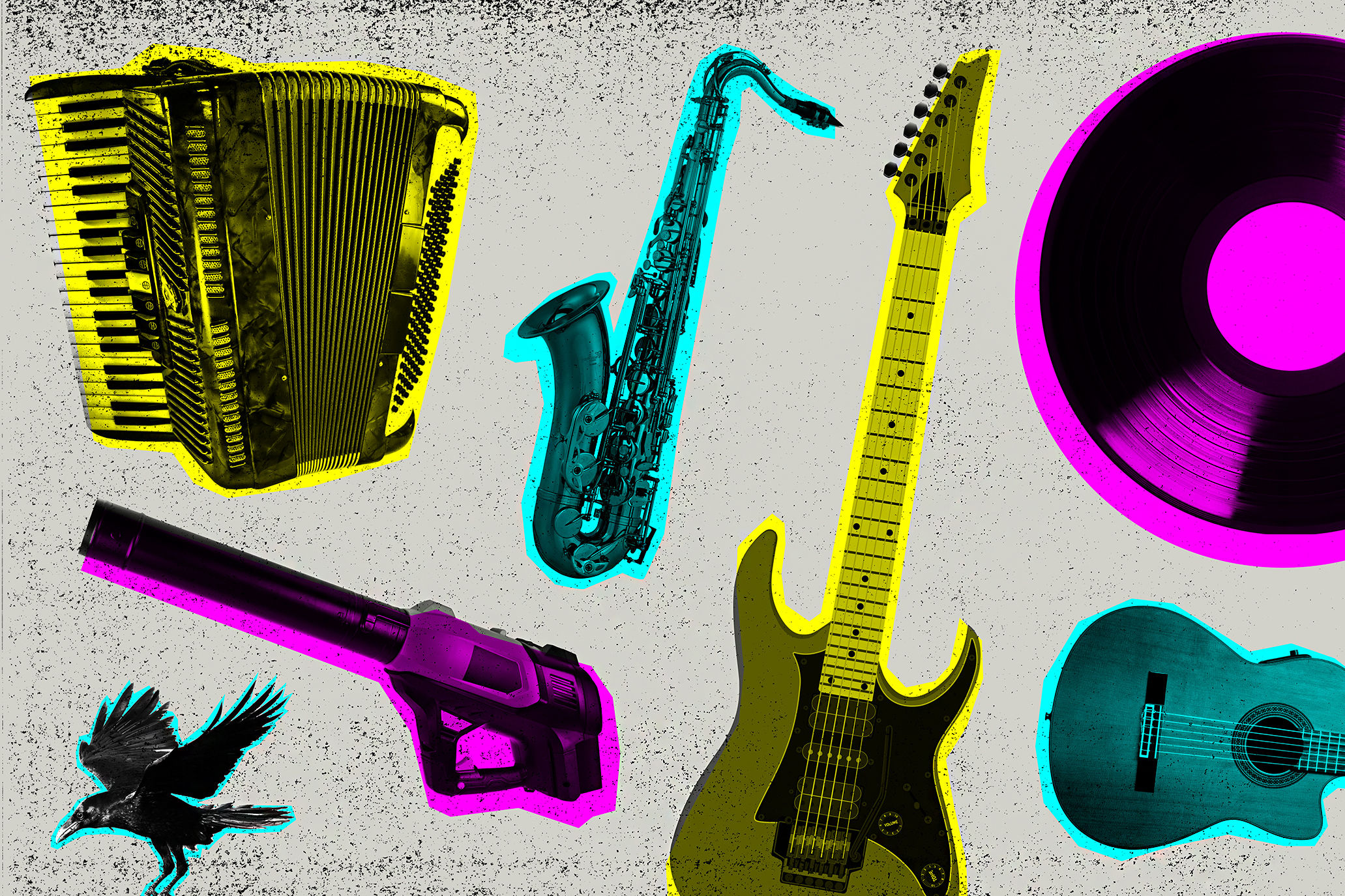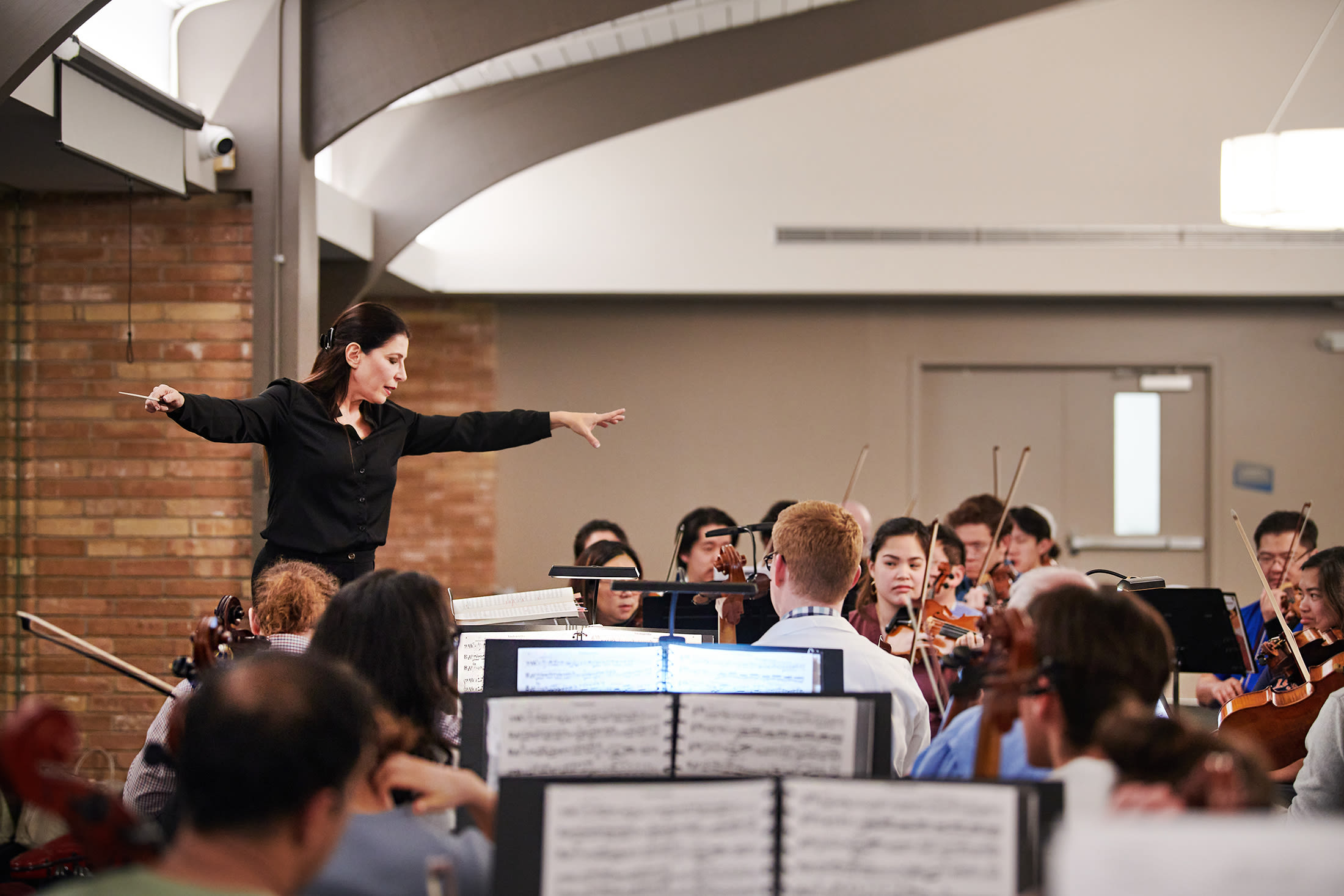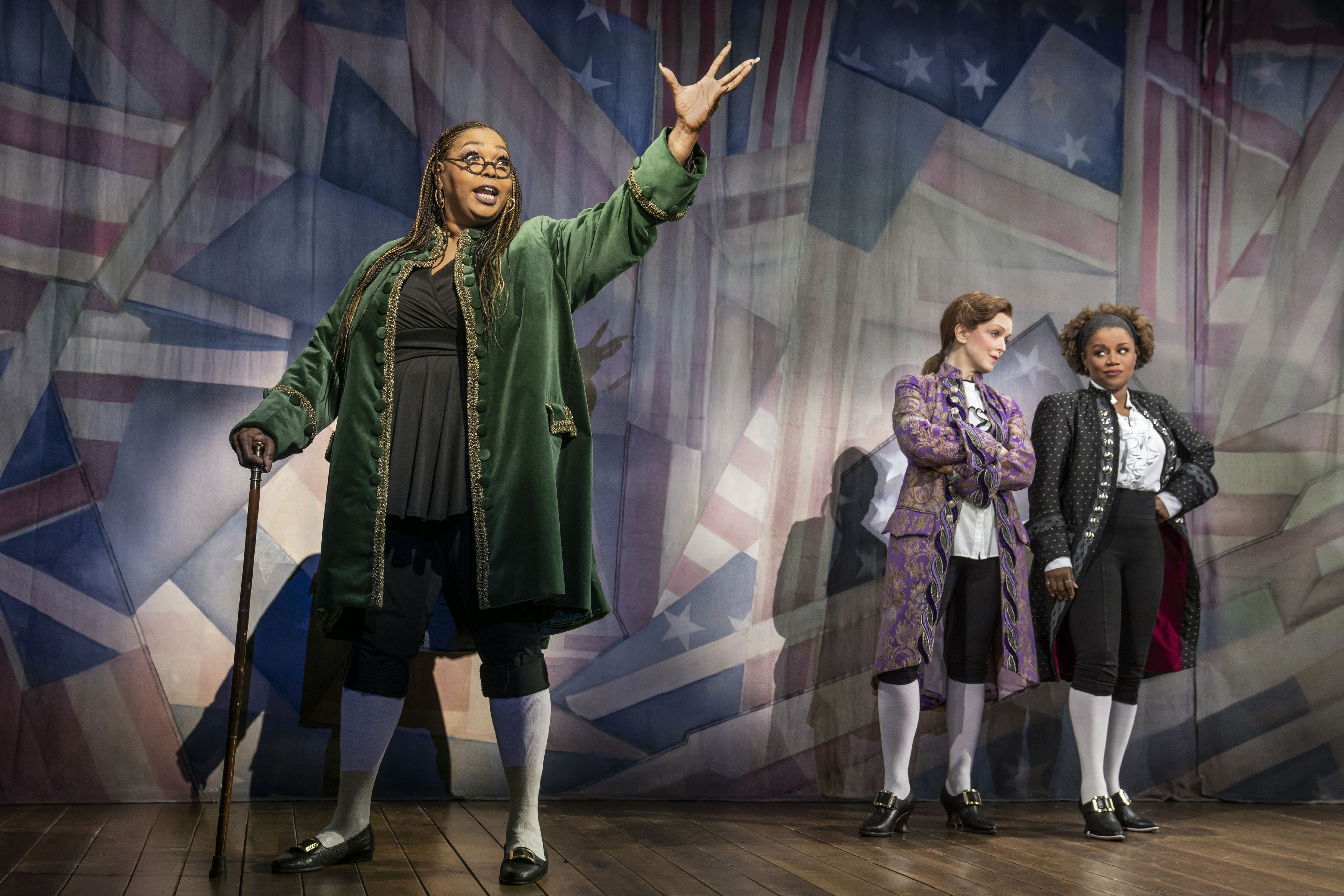Chucho Valdés Is Just Getting Started

Image: Carol Friedman
In 1972, Cuban pianist, composer, arranger, and bandleader Chucho Valdés tried a musical experiment. He replaced the drum kit usually found in a jazz trio with an African batá drum. The resulting recording, Jazz Batá, forever changed Latin jazz.
By taking the batá drum, traditionally used in the religious ceremonies of the West African Yoruba culture, and incorporating its sounds and rhythms into contemporary secular music, Valdés challenged both musicians and audiences alike to hear something different—to make Afro-Cuban jazz bigger. It worked.
Considered by many to be the greatest living Cuban pianist, Valdés revisited his musical experiment with Jazz Batá 2, released in late 2018 and, again, he pushed the boundaries of Latin jazz as audiences will see during his Houston concert this Friday at the Wortham, part of the Da Camera Jazz series.
Valdés, who has six Grammy Awards, three Latin Grammy Awards, and a Lifetime Achievement Award by the Latin Recording Academy, is the son of the legendary Cuban pianist/composer/bandleader Bebo Valdés. The senior Valdés was a fixture at the popular Tropicana cabaret in Havana during the 1940s and '50s where he accompanied the likes of Beny More, Nat King Cole, and Sarah Vaughan before he left the island in 1960. (Chucho Valdés remained in Cuba.)
Bebo Valdés was his son’s first music teacher and arguably also his most profound influence. The musical ties between the two are apparent.
One of the Jazz Batá 2 cuts sure to be on the Houston setlist is “100 Years of Bebo.” (The album’s 2018 release marked the 100th anniversary of his father's birth.) Valdés says that as a child, he often heard his dad play a captivating, nameless tune. It became “100 years of Bebo.”
“But when we were together many years later, I played it but he did not remember," Valdés says. "I decided to include it in the album for its centenary, and it is a beautiful danzón.”
Valdés pays homage to the the Yoruba deity Obatalá, believed to be the father of humanity, in a self-titled mini-suite that opens the album. “Obatalá is one of the greatest saints of the [Yoruba] religion, and that is one of the reasons I decided to make a composition using his original songs,” Valdes tells us.
Another tune on Jazz Bata 2 that’s sure to be on the setlist is “Son XXI,” a work by the late Cuban composer and musicologist Enrique Ubieta who was friends with Valdés. “It seemed very harmonic and rhythmic,” he says. “It gave me the opportunity to play a piano style more contemporaneous towards the 21st century.”
At the center of it all is the batá, providing a completely different sound than the ordinary drum kit. Traditionally used during santería ceremonies, here the batá becomes a bridge between the religious and the secular, the past and the present.
“Those sounds are sacred to the songs of the different African countries, but in our case we’re evolving some of them to make them compatible with Cuban ideas and rhythms,” Valdés says.
Asked what prompts him to continue to experiment and expand Afro-Cuban jazz when he has already accomplished so much, Valdés says that African music is so vast, so expansive, he thinks less than 20 percent of it has been explored and understood.
“If I think that less than 20 percent has been explored, I still have 80 percent ahead to continue advancing its roots," he says. "[Jazz Batá 2] is a continuation of that.”
Feb. 8, pre-concert talk included. Tickets from $42.50. Wortham Center, 501 Texas Ave. 713-524-5050. More info and tickets at dacamera.com.




